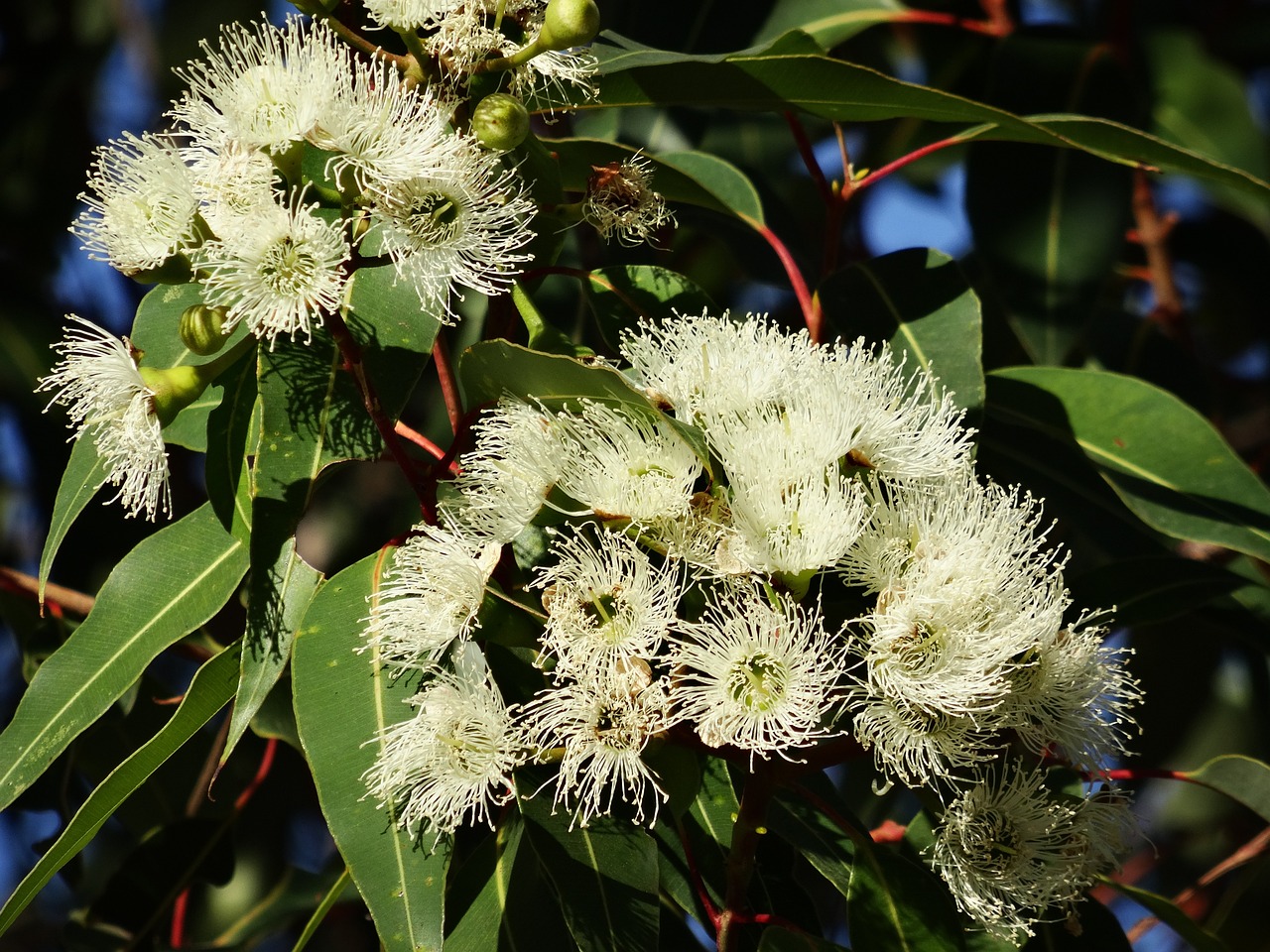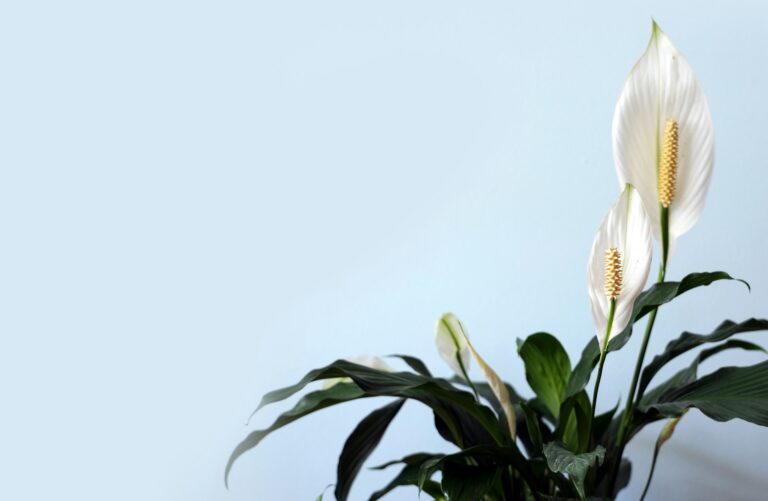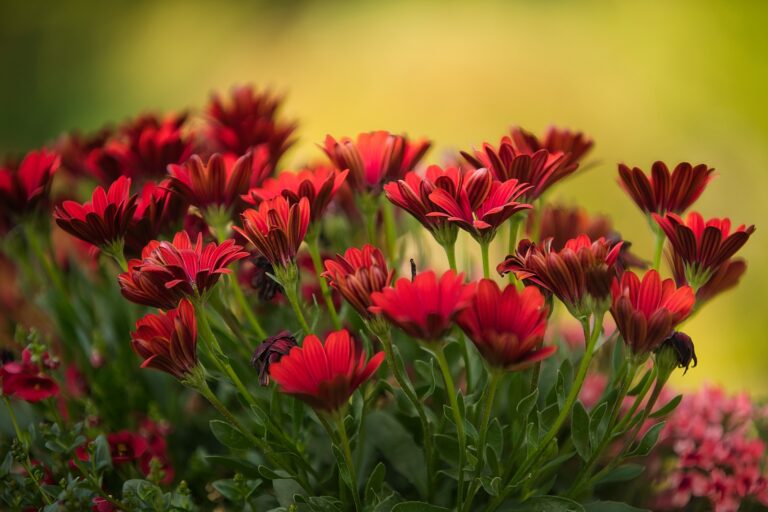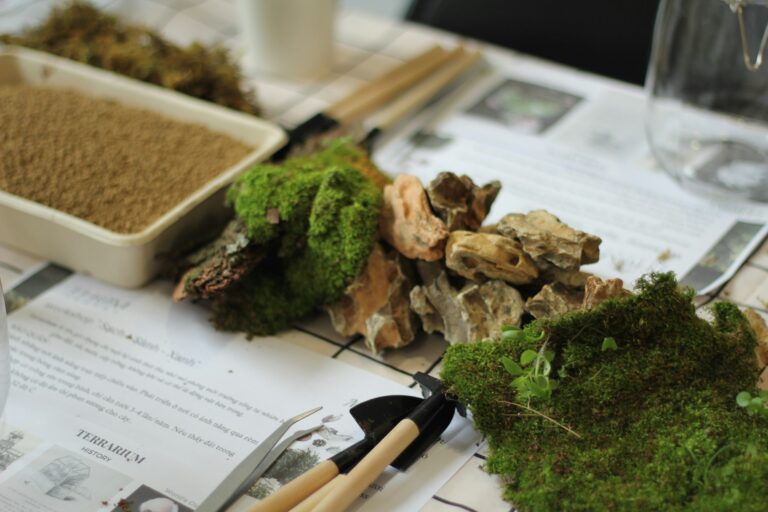Mosquitoes are more than just annoying insects that buzz around and leave itchy bites; they are carriers of serious diseases like malaria, dengue fever, and the Zika virus. To keep these pests at bay, many people rely on chemical sprays and insecticides.
However, there’s a growing interest in using natural methods to repel mosquitoes, and one effective approach is incorporating certain plants into your garden or home.
Some plants have the remarkable ability to keep mosquitoes away due to their natural scents and oils. These plants not only add beauty and fragrance to your surroundings but also offer an eco-friendly and sustainable way to reduce mosquito populations.
Unlike chemical repellents, these plants do not introduce harmful substances into the environment and can even provide additional benefits, such as attracting pollinators like bees and butterflies.
Top 15 Mosquito Repelling Plants
By incorporating these plants into your garden or living spaces, you can create a more pleasant, mosquito-free environment while enjoying their beauty and additional benefits.
Whether you’re enhancing your garden, creating a mosquito-free patio, or simply looking for natural ways to keep mosquitoes away, these plants offer a sustainable and effective solution.
These plants include:
- Pennyroyal
- Ageratum
- Marigolds
- Scented Geraniums
- Basil
- Lemon Balm
- Lemon Grass
- Peppermint
- Catnip
- Sage
- Citronella
- Garlic
- Rosemary
- Lavender
- Eucalyptus
Pennyroyal
Pennyroyal, a member of the mint family, is well-known for its potent mosquito-repelling properties. The strong scent of its oils is highly offensive to mosquitoes. Pennyroyal can be planted around patios and doorways to keep mosquitoes at bay.
However, caution is needed as the oils can be toxic to pets and humans if ingested. It’s best used in outdoor settings where it won’t be disturbed.
Ageratum
Ageratum, also known as floss flower, produces coumarin, a chemical often found in commercial mosquito repellents. These low-growing plants with blue, pink, or white flowers are not only attractive but also effective in deterring mosquitoes. They thrive in sunny locations and can be a vibrant addition to garden borders or containers.
Marigolds
Marigolds contain pyrethrum, a natural compound used in many insect repellents. These bright, cheerful flowers can be planted in gardens, around patios, or near windows and doors to repel mosquitoes. Marigolds are easy to grow and also help deter other garden pests, making them a beneficial addition to vegetable gardens.
Scented Geraniums
Scented geraniums, particularly those with a lemon scent, are effective at repelling mosquitoes. The strong fragrance emitted by their leaves is unpleasant to mosquitoes. They can be grown in pots or garden beds and are also useful for making homemade mosquito repellents by crushing the leaves and applying the oils to your skin.
Basil
Basil is a dual-purpose plant, serving both culinary and mosquito-repelling roles. Its strong scent is offensive to mosquitoes, making it a perfect plant for patios and garden borders. Basil thrives in warm, sunny conditions and can also be used fresh in various dishes, adding a delightful flavor to your meals.
Lemon Balm
Lemon balm contains high levels of citronellal, giving it a strong lemon scent that repels mosquitoes. It’s easy to grow and can quickly spread, making it an excellent ground cover. Crush the leaves and rub them on your skin for a natural mosquito repellent. Lemon balm also has calming properties and can be used in teas.
Lemon Grass
Lemon grass is renowned for its citronella oil, a well-known mosquito repellent. This tall, grassy plant can be grown in gardens or pots and thrives in warm climates. Besides its repellent properties, lemongrass can be used in cooking, especially in Asian cuisine, adding a citrusy flavor to dishes.
Peppermint
Peppermint’s strong aroma is a natural mosquito deterrent. It can be grown in pots or garden beds and prefers a moist environment. Peppermint leaves can be used fresh or dried in teas, and the oil can be extracted and applied to the skin as a mosquito repellent. Additionally, peppermint oil is known for its soothing properties, particularly for relieving itching from bites.
Catnip
Catnip contains nepetalactone, which is more effective than DEET at repelling mosquitoes. While cats are attracted to catnip, mosquitoes are repelled by it. Plant catnip in your garden to enjoy its mosquito-repelling benefits, but be prepared for visits from neighborhood cats who love this plant.
Sage
Burning sage leaves can help keep mosquitoes away, making it an excellent addition to outdoor gatherings around a fire pit or barbecue. Sage is a hardy plant that can be grown in various climates and also has culinary uses, adding a savory flavor to dishes.
Citronella
Citronella is perhaps the most well-known mosquito-repelling plant. The oil extracted from citronella grass is used in many commercial repellents. Growing citronella in pots or garden beds can help create a mosquito-free zone. The leaves can also be crushed to release their oils, which can be applied to the skin.
Garlic
Garlic’s strong odor is known to repel mosquitoes. Planting garlic in your garden can help deter mosquitoes, and consuming garlic may provide a mild repellent effect, though this is less scientifically proven. Garlic is also a staple in many cuisines, making it a valuable addition to your garden.
Rosemary
Rosemary is a versatile herb that repels mosquitoes with its woody scent. It can be grown in pots or garden beds and prefers a sunny location. Rosemary is also widely used in cooking, adding a fragrant, earthy flavor to dishes. Additionally, burning rosemary sprigs can help keep mosquitoes away from outdoor gatherings.
Lavender
Lavender’s fragrant purple flowers are not only beautiful but also effective at repelling mosquitoes. The soothing scent of lavender is pleasant to humans but repulsive to mosquitoes. Plant lavender around your home or garden to enjoy its repellent properties. Lavender can also be used in sachets, oils, and as a calming herb in teas.
Eucalyptus
Eucalyptus oil is a common ingredient in mosquito repellents due to its strong, medicinal smell. Growing eucalyptus trees or shrubs in your garden can help keep mosquitoes at bay. The leaves can also be crushed and used directly on the skin as a natural repellent. Eucalyptus oil has additional benefits, such as relieving cold symptoms when inhaled.
FAQs
What smell do mosquitoes hate the most?
Mosquitoes are highly sensitive to certain smells, and one of the most effective natural scents that they hate the most is citronella. Citronella oil, derived from lemon grass, emits a strong, citrus-like aroma that masks the scents that attract mosquitoes, effectively keeping them at bay.
This smell is so potent that it is commonly used in many commercial mosquito repellents, including candles, sprays, and lotions.
What kills mosquitoes the best naturally?
One of the best natural methods to kill mosquitoes is using a combination of essential oils, particularly neem oil and eucalyptus oil. Neem oil has powerful insecticidal properties that not only repel but also kill mosquitoes upon contact. When combined with eucalyptus oil, which contains compounds toxic to mosquitoes, the effectiveness is enhanced.
Another highly effective natural mosquito killer is Bacillus thuringiensis israelensis (Bti), a bacterium that specifically targets mosquito larvae in water. When introduced to stagnant water sources where mosquitoes breed, Bti disrupts the digestive systems of the larvae, killing them before they can mature into adult mosquitoes.
Can perfume repel mosquitoes?
Perfume can sometimes repel mosquitoes, but its effectiveness largely depends on the ingredients and the fragrance notes. Mosquitoes are typically attracted to certain body odors and the carbon dioxide we exhale.
Some perfumes contain strong scents like lavender, eucalyptus, or citronella, which are known to repel mosquitoes. However, many perfumes also contain sweet or floral notes that can attract mosquitoes instead.




